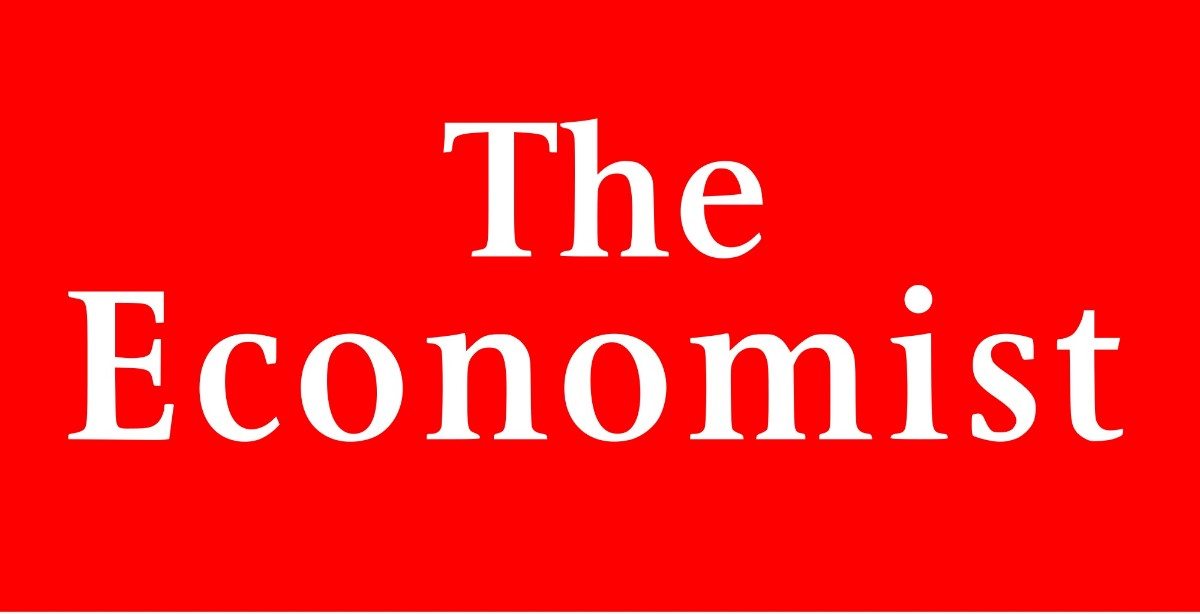
ASP Cited in Economist Special Report on Energy Geopolitics
ASP’s BGen Stephen Cheney and Andrew Holland were featured in The Economist Special Report on Energy Geopolitics. Both were cited in an article on the implications of America’s shale boom. There are positives to the U.S.’ increased oil and natural gas production such as reducing dependence on foreign resources, decreasing the energy-trade deficit, and keeping global markets stable. In particular, General Cheney and Andrew Holland are noted to point out that,
“America’s greatest contribution to global energy security since the oil shocks of the 1970s has been to keep global energy markets fluid.”
The Economist argues this fluidity could be in jeopardy if the Trump administration follows in China’s footsteps and uses oil and gas to bargain bilateral relations. The full article discusses the other potential risks.
BGen Cheney was also featured in a related article on geopolitics and energy security. The article suggests that the U.S. military must have a diversity of options when it comes to fuel supply. That means including both conventional fuels like oil and less conventional fuels like renewables and nuclear. The Economist’s Special report argues improved collaboration and is essential for the future. General Cheney is cited for pointing out that,
“In the energy field, collaboration has deep roots…it emerged after the oil shocks of the 1970s as consuming countries sought a way of jointly ensuring energy security in the face of soaring prices.”
The outcomes of the crisis included the creation of the International Energy Agency in 1974 and the global oil market; two critical components of our current energy market. The article goes on to discuss how “energy democratization” could open up new opportunities for collaboration and innovation.






